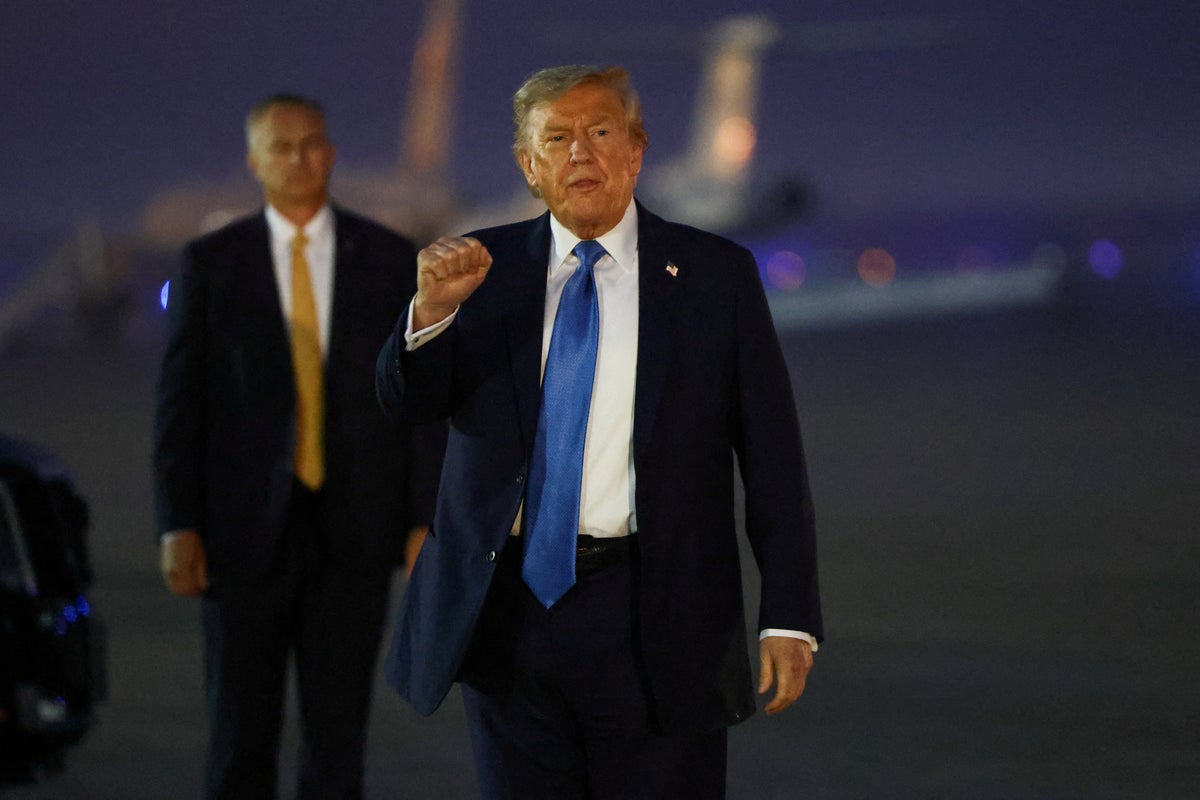Inside Washington: Disbanding of the Peace Efforts with Russia
In a surprising turn of events, the Trump administration has disbanded a working group that was formed to explore avenues for pressuring Russia to engage in peace talks regarding the ongoing conflict in Ukraine. This development sheds light on the administration’s approach to the war and its implications for international relations, especially concerning NATO allies.
The Working Group’s Disengagement
The internal workings of this little-known group came to a halt when its members recognized President Trump’s lack of interest in taking a firmer stance against Russia. Reports from three U.S. officials suggest that participation dwindled significantly as staff members realized that the President preferred a less aggressive diplomatic posture. “It lost steam toward the end because the president wasn’t there. Instead of doing more, maybe he wanted to do less,” commented one official.
A Shift in Strategic Focus
Trump’s recent actions seem to reflect a more passive approach to his longstanding campaign promise of ending the war in Ukraine. This apparent frustration with limited progress has led him to entertain the idea of abandoning U.S. peace-making initiatives altogether. Such a shift is alarming, especially in light of the delicate balance of power among NATO allies, who have vested interests in a stable resolution of the conflict.
Timing and Context
The disbanding of the working group is particularly concerning as it coincides with significant geopolitical events, including a key NATO summit scheduled for later this month. European allies are likely to view this development with apprehension. The halt in U.S. efforts to facilitate peace talks may have broader implications for transatlantic relations and collective security strategies moving forward.
Leadership and Structure
The working group was primarily composed of members from various sectors of the U.S. government, including the National Security Council (NSC), the State Department, the Treasury Department, and the Pentagon, along with representatives from the intelligence community. Andrew Peek, a prominent figure within the NSC responsible for European and Russian affairs, was also part of this group until he was dismissed in May.
Impacts of Staff Changes
The mass staff cuts at the NSC were pivotal in the group’s downfall. Sources indicate that the decision to disband the working group was not explicitly ordered but stemmed from these significant personnel changes. The transition left the remaining members without the necessary resources or authority to continue their work effectively. This abrupt shift not only disrupts ongoing conversations regarding Russian aggression but also raises questions about the coherence and continuity of U.S. foreign policy.
Broader Security Concerns
The ineffectiveness of the working group mirrors broader issues affecting U.S. national security agencies. In March, there was a suspension of coordinated efforts aimed at countering Russian sabotage and disinformation operations. As these issues continue to simmer, the absence of a dedicated task force to tackle Russian influence and aggression may expose vulnerabilities in the U.S. response strategy.
Measures Yet to Be Determined
While Trump has indicated he is contemplating tougher measures against the Kremlin, formal declarations have yet to be made. The expectation for a more robust American response to Russia’s actions remains unfulfilled, leaving a gap in international diplomatic efforts aimed at creating a more stable and peaceful environment in Eastern Europe.
As the geopolitical landscape continues to evolve, the implications of these developments will remain closely watched by both U.S. allies and adversaries. The road ahead may demand a recalibration of strategies to meet the challenges posed by the ongoing conflict in Ukraine, particularly in light of the current administration’s abrupt pivot away from the established dialogue.


